5 Easy Ways to Fight Spam in WordPress

Comment spam is random comments posted on blogs, wikis, guestbooks, forms, or other online discussion boards. Some spammers do this to increase their website’s search ranking by including links back to their site. Others post to promote unrelated commercial products or links to malicious sites.
According to Inbound Marketing and SEO: Insights from the Moz Blog, websites that accumulate spammy comments get penalized by having their sites’ rankings lowered due to their association with undesirable websites.
To avoid receiving comment spam on your WordPress website, here are five techniques you should use:
-
Require manual comment approval
To prevent having spam comment posted on your website, you can use the manual comment approval feature to control the publications of comments.
The manual comment approval feature does exactly what it says - it lets you approve or disapprove a comment before it’s published.
To activate this feature, go to Settings and click on Discussion.
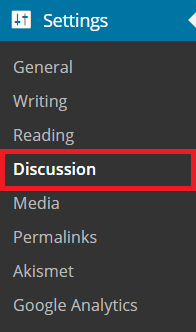
Then, click on Comment must be manually approved.
After you’ve taken these steps, you will receive an email whenever a person posts a comment, requesting you to approve or disapprove it.
You can also go the comments section directly to approve or disapprove the comment.
-
Use comment moderation
Similar to the manual comment approval feature, the comment moderation option lets you control the publication of comments by letting WordPress hold a comment in the queue if it contains X number or more links unwanted keywords in the content, name, URL, email, or IP. Once a comment is placed in a queue for moderation, you can manually approve or delete the comment.

-
Implement CAPTCHA
CAPTCHA, which stands for Completely Automated Public Turing test to tell Computers and Humans Apart, is a type of challenge-response test used to determine whether a user is human. It prevents bots or automated programs from submitting spam comments randomly.
Most commonly, CAPTCHAs require users to enter letters of a distorted image to prove they are human.

To implement CAPTCHA for your WordPress website, install the Captcha WordPress Plugin.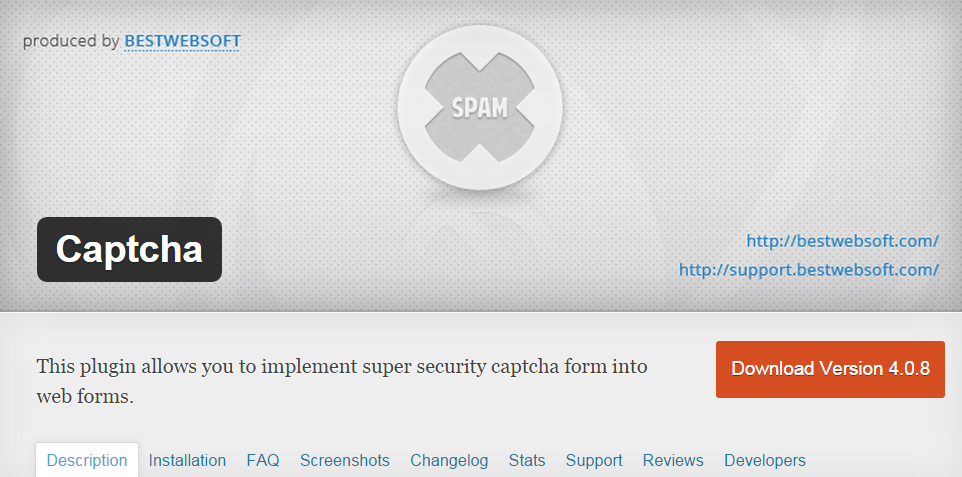
-
Enable nofollow comment links
If you don’t have time to moderate or approve comments but want to let readers (including spammers) share their comments, you can enable comments but include “nofollow” attributes to the comments.
“Nofollow” is a search engine-specific attribute that prevents transferring SEO “link juice” or page authority from your website to an external page. When a page carries the “nofollow” attribute, search engines will index the page but they won’t follow any of the links on that page. When a specific link uses the “nofollow” attribute, search engines will not follow that link. This prevents your page authority from being diluted when spammers or other entities try to use your webpage to add back-links to their own site.
To enable “nofollow” for comments, go to Appearance, Editor, and then Functions.php.
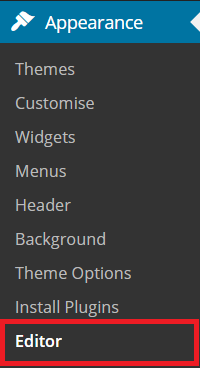
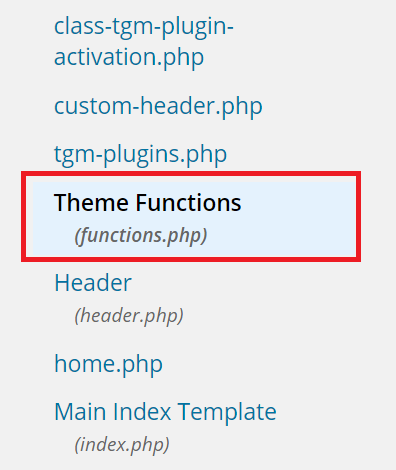
Once you’ve done so, add the following code to the very bottom of the functions.php file:
function add_nofollow_to_reply_link( $link ) {
return str_replace( '")\'>', '")\' rel=\'nofollow\'>', $link );
}add_filter( 'comment_reply_link', 'add_nofollow_to_reply_link' );
After taking these steps, update the file.
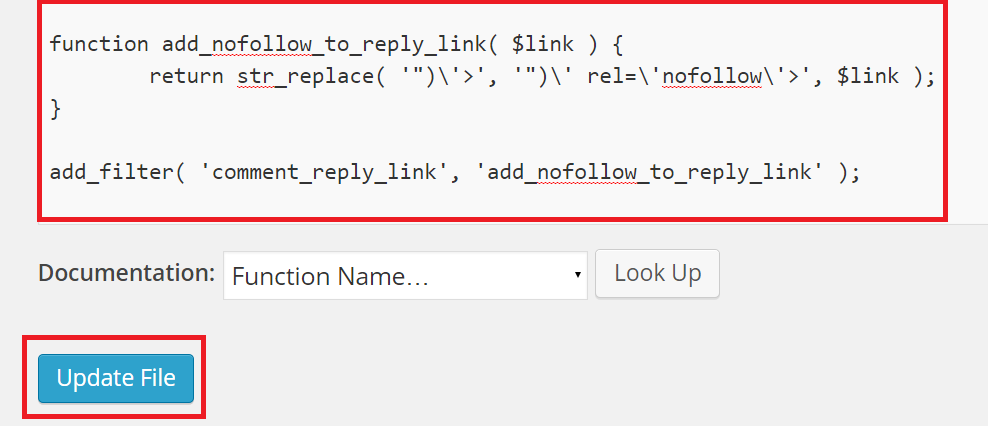
-
Disable comments
To avoid receiving spam comments altogether, you can disable comments.
To do so, download the Disable Comments plugin.
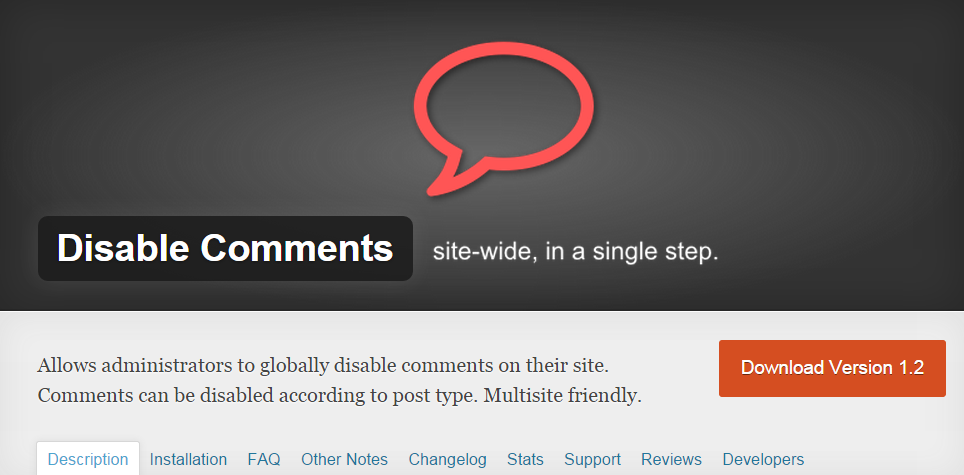
Once you’ve completed the installation, go to Settings, click on Disable Comments, and select Posts. Doing so will let you disable all comments on posts.
Comment spam can cause SEO issues for WordPress websites because Google think the sites are associated with websites that deal in spam through link purchasing or other black-hat SEO techniques.
You can avoid encountering these issues by using the five techniques above: removing the comment feature altogether, implementing captcha, using the “nofollow” attribute, requiring manual comment approval or comment moderation.
If you need help or have questions about fighting spam on your WordPress website, please contact us and we’d be more than happy to help!
If you have queries regarding web design and development, speak with one of our consultants.


